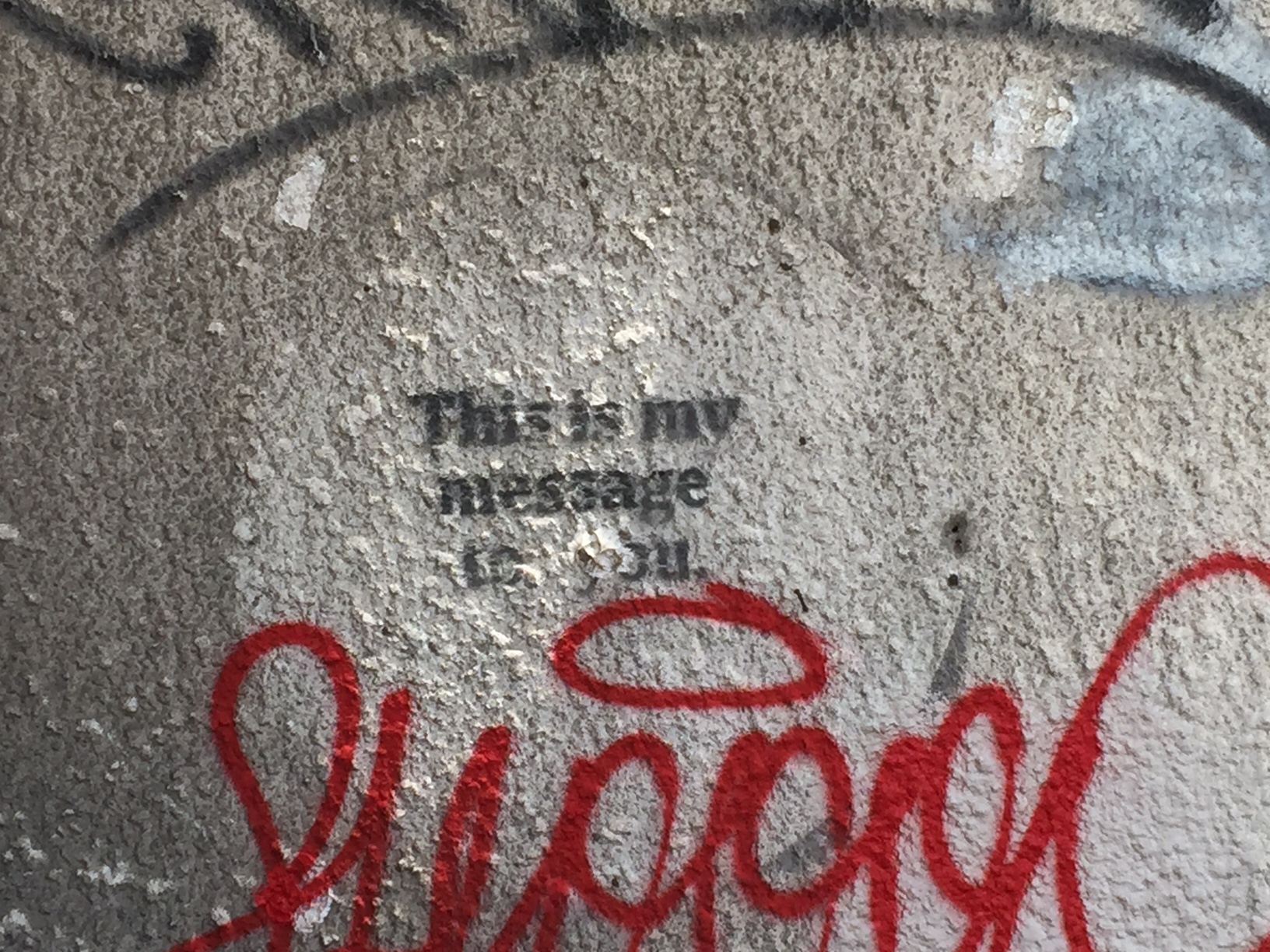Today I attended the funeral of a beloved member of the Atlanta Jewish community. While there, I had the sacred opportunity to learn more about someone I knew, but didn’t really know. There were many moments where I felt greater appreciation for the man, and one that really struck a chord.

During his beautiful eulogy, the deceased’s son shared that his father had once said (and I’m paraphrasing), ‘Instead of thinking of myself as fighting cancer, I prefer to think of it as I’m co-existing with cancer.’
What I find striking in this statement is the power of writing your own story, something this man clearly did. As the author of his life story, this man preferred the idea of co-existing over the idea of fighting. For him, “co-existing” was a more compelling, meaningful, and useful way of thinking about his life and his situation.
I suspect that all too often we adopt the metaphors, images, and even world views of others instead of doing the work of understanding and articulating our own. We don’t even notice it because our own meanings are so deeply influenced by others and by society more generally. One could even argue that we can’t arrive at any meanings outside of the shared vocabularies of our culture.
I think of all the times I’ve heard people use the phrase “fighting cancer.” There’s absolutely nothing wrong with the phrase and I would never suggest that there is. But I wonder, were they all “fighting”? Did they think they were fighting or did others describe them in those terms? And even if they were fighting, what did or does fighting mean to each? And in what other, perhaps more personal, ways did they and do we think about our life and situation.
Before today, I can’t think of a single person “co-existing” with cancer. That doesn’t mean there aren’t many. What I learned today has less to do with the specifics of cancer than it does with the idea of authoring our lives.
What really matters is that we populate our lives with ideas, concepts, and ways of thinking and feeling that reflect our deepest commitments whether they be “fighting” “co-existing” or otherwise. What matters is that we determine for ourselves the nouns, verbs, adjectives, metaphors, parenthesis, and exclamation points of our lives.